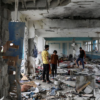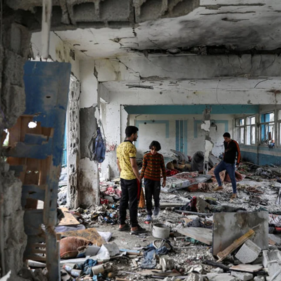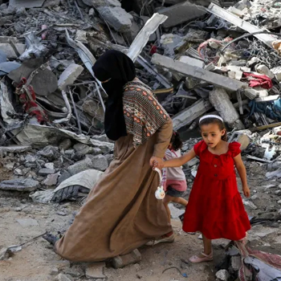The Health Department’s telehealth service, ‘Health Batayan 16263,’ has witnessed a surge in calls due to the escalating dengue crisis. This 24-hour facility, integrated with helplines 999 and 333, provides healthcare guidance and information, with an emphasis on enhancing healthcare effectiveness.
The surge in the dengue crisis has led to a significant uptick in calls to the national telehealth service, ‘Health Batayan 16263’. During the first 20 days of August, the number of calls exceeded those received in the entire month of June. People from all corners of the country sought doctor’s guidance, healthcare information, hospital details, and ambulance services through this helpline.
Referred to as ‘one sixty-two sixty-three’, this service has seen a substantial rise in utilization since the country encountered a new dengue outbreak in May. While the dengue outbreak played a role, an analysis revealed that calls for viral fevers constituted the highest number from May to August 20. Health department officials suggest that fever concerns contributed more to the calls than dengue fears.
Launched in September 2015, the non-toll-free 24-hour healthcare facility ‘Shatshaya Batayan 16263’ operates under the Management Information System of the Health Department. Synesis IT Limited, a mobile healthcare provider, oversees its management.
The call volume escalated considerably starting in May. More than 116,000 calls were received in April, and by August 20, over 128,000 calls had come in. Among these, approximately 95,782 requests were for doctor’s advice. Additionally, over 4,000 individuals sought healthcare information, more than 7,000 inquired about ambulance services, over 18,000 sought general services, and over 4,000 lodged complaints. August 7 marked the day with the highest call volume at 7,320.
A resident shared his experience, recounting how he sought medical advice for dengue symptoms and was recommended further tests and possible hospitalization. Another individual called for advice for their child’s fever and was suggested medications along with a dengue test after 48 hours.
Health Department: Integrating Helplines, Enhancing Care, and Call Management
The helpline 16263 was integrated with the National Emergency Service 999 earlier and was also recently coordinated with the helpline 333, which assists with government information and disaster relief. Calls related to health matters from helpline 333 are now redirected to 16263.
According to Prof. Shahadat Hossain, Director of the MIS Department of the Health Department, the surge in calls isn’t solely due to dengue; efforts to enhance healthcare effectiveness also play a role. After a contract renewal, the call management company was given a target of 10,000 calls per day. Improved services and promotions were introduced, and the helpline’s automated voice now directs callers to press 1 for dengue concerns, shifting from the previous emphasis on Covid.
Data analysis from Synesis IT Ltd revealed that among the top 10 illness-related calls seeking doctor’s advice from May to August 20, the highest number was for viral fever, followed by cold-related calls, dengue, and diarrhea. Out of the 28,239 dengue-related calls in the analyzed period, the initial 20 days of August witnessed more than double the calls compared to May. Around 48 percent of calls originated from the Dhaka division, with 59 percent being male callers and 41 percent female.
Dr. Nizam Uddin Ahmed, CEO of Synesis IT Limited and Health Department Care, attributed the call surge to dengue’s impact, with people also seeking advice for fever, cold, and cough due to dengue concerns. He noted that around 160 types of illnesses are addressed through the helpline, with a team of 100 doctors and 30 health information officers providing assistance around the clock in shifts.









